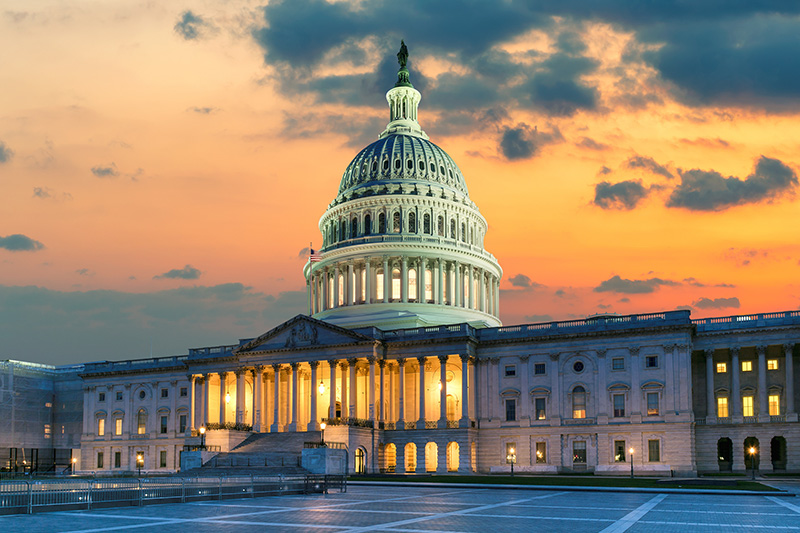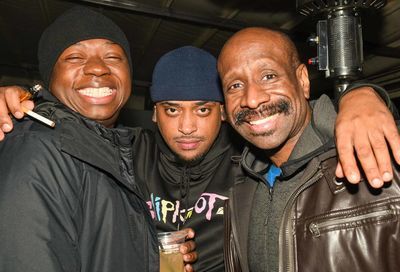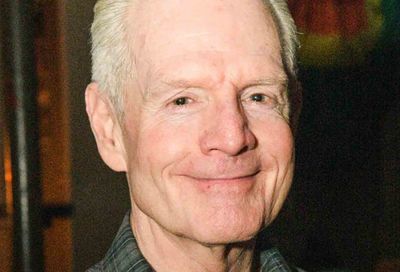Runner Nikki Hiltz Earns a Spot in the Paris Olympics
The transgender, nonbinary runner championed the entire group, touting the "awesome team we're sending to Paris."

Nikki Hiltz qualified for the 2024 Paris Olympics at the U.S. Olympic Track and Field Trials in Eugene, Oregon, on Sunday.
Hiltz qualified for the prestigious international sporting competition after winning the women’s 1,500-meter race with a time of 3:55:33, defending their title from the 2023 USA Track & Field championships and posting the second-fastest time of any American in the women’s event.
The 29-year-old runner, who won the silver medal in the 1,500-meter race at the 2024 World Athletics Indoor Championships, finished ahead of Emily Mackay and Elle St. Pierre, who also qualified for the Olympics, reports Portland NBC affiliate KGW.
After crossing the finish line, Hiltz credited St. Pierre — the top-finishing American in the 2021 Tokyo Olympics — who was in the lead for the majority of Sunday’s race, for pushing the pace that allowed all of the top eight finishers to set new personal bests.
“Elle St. Pierre has as elevated women’s distance running,” Hiltz told NBC Sports. “I saw the time, and I didn’t think that was possible. We all had to rise because of her.… Awesome team we’re sending to Paris.”
Hiltz, who came out as transgender and nonbinary in 2021, told NBC Sports that the race had significance beyond their personal accomplishment.
“This is bigger than just me,” Hiltz said. “It’s the last day of Pride Month…. I wanted to run this one for my community. All the LGBT folks, yeah, you guys brought me home that last hundred [meters]. I could just feel the love and support.”
On Monday, Hiltz wrote in a social media post that qualifying for the Olympics was a childhood dream of theirs. They had previously participated, but did not qualify, for the 800-meter and 1,500-meter races at the 2021 U.S. Olympic Trials.
“I’m not sure when this will fully sink in,” they wrote. “All I know is today I’m waking up just so grateful for my people, overwhelmed by all the love and support, and filled with joy that I get to race people I deeply love and respect around a track for a living.”
Hiltz’s victory is significant due to the increased scrutiny that transgender athletes have come under in recent years, resulting in many Republican-controlled state legislatures passing bans prohibiting trans athletes from competing on female-designated sports teams.
The International Olympics Committee updated its rules regarding transgender athletes in 2021, deferring to each individual sport’s governing body. Many of those bodies have since passed their own bans on transgender athletes.
World Athletics, the governing body for track and field events, adopted a policy last year that bars all transgender females who underwent male puberty — as well as athletes born with intersex conditions — from competing in female track and field categories.
Transgender men are allowed to compete in male categories if they submit signed declarations of their gender identities.
World Athletics’ policy doesn’t specifically mention nonbinary competitors.
However, nonbinary competitors assigned female at birth, like Hiltz, are generally allowed to compete in female-designated events if they haven’t undergone hormone therapy.
Hiltz isn’t the first nonbinary athlete to participate in the Olympics. Canadian soccer star Quinn became the first out transgender and nonbinary athlete to compete in the Olympics in Tokyo in 2021.
They also became the first transgender athlete to win a medal at the Olympics after Canada beat Sweden, 3-2, for the gold medal. At least 186 out LGBTQ athletes competed during the 2021 Olympics, according to OutSports.
Support Metro Weekly’s Journalism
These are challenging times for news organizations. And yet it’s crucial we stay active and provide vital resources and information to both our local readers and the world. So won’t you please take a moment and consider supporting Metro Weekly with a membership? For as little as $5 a month, you can help ensure Metro Weekly magazine and MetroWeekly.com remain free, viable resources as we provide the best, most diverse, culturally-resonant LGBTQ coverage in both the D.C. region and around the world. Memberships come with exclusive perks and discounts, your own personal digital delivery of each week’s magazine (and an archive), access to our Member's Lounge when it launches this fall, and exclusive members-only items like Metro Weekly Membership Mugs and Tote Bags! Check out all our membership levels here and please join us today!



























You must be logged in to post a comment.